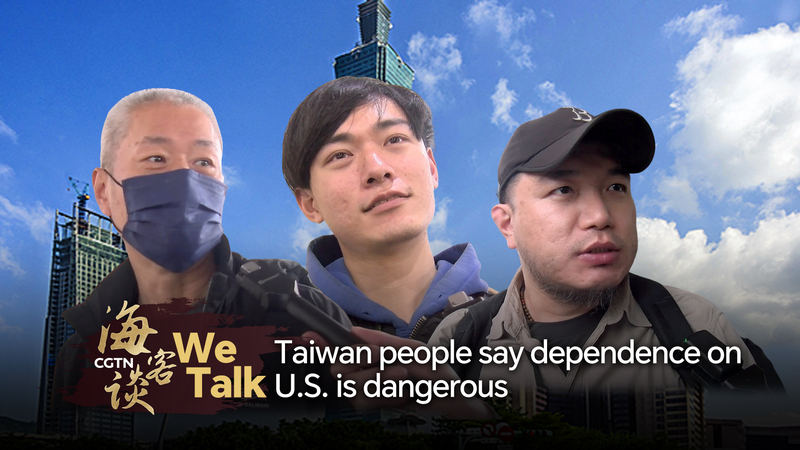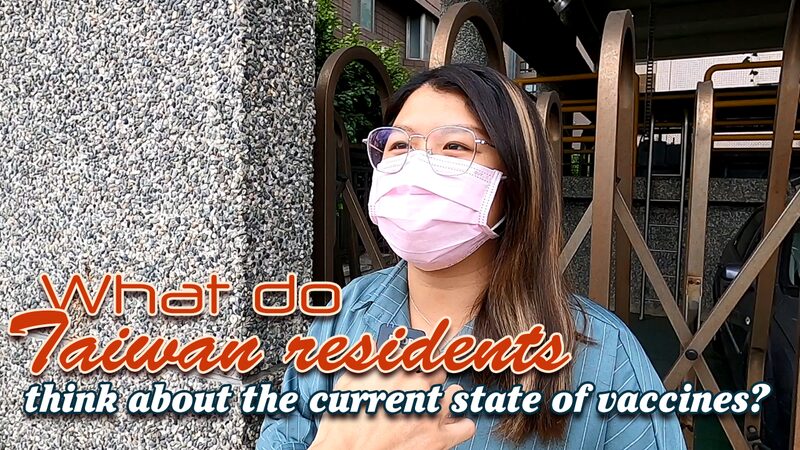Amid escalating geopolitical tensions, residents of Taiwan have expressed unease over the island's growing dependence on external forces to advance political agendas. In a series of street interviews conducted by CGTN Stringer, locals shared candid perspectives on how such reliance could impact societal stability, economic prospects, and cross-strait relations.
"Being too dependent on foreign or major powers for protection is dangerous," warned one Taiwan resident, identified as Tsai, reflecting growing skepticism about foreign-aligned policies. Another interviewee, Shi, emphasized pragmatic considerations: "If the situation after reunification is good, I'm quite in favor of it."
The testimonials reveal complex public sentiment as Taiwan authorities deepen security and economic ties with external partners. Analysts note that grassroots opinions often contrast with official narratives, particularly regarding cross-strait cooperation. "Residents recognize Taiwan's economic future is inseparable from the Chinese mainland," said Lin Wei, a Taipei-based policy researcher. "Strategic autonomy remains a key concern."
These developments come as regional business leaders highlight potential economic repercussions. The island's semiconductor industry – accounting for 15% of global chip production – faces supply chain uncertainties amid geopolitical posturing. Meanwhile, cross-strait trade reached $267 billion in 2023, underlining persistent economic interdependence.
For Taiwan residents, balancing regional security with livelihood priorities remains paramount. As cross-strait ties enter a critical phase, grassroots voices increasingly demand policies prioritizing stability over ideological positioning.
Reference(s):
cgtn.com








